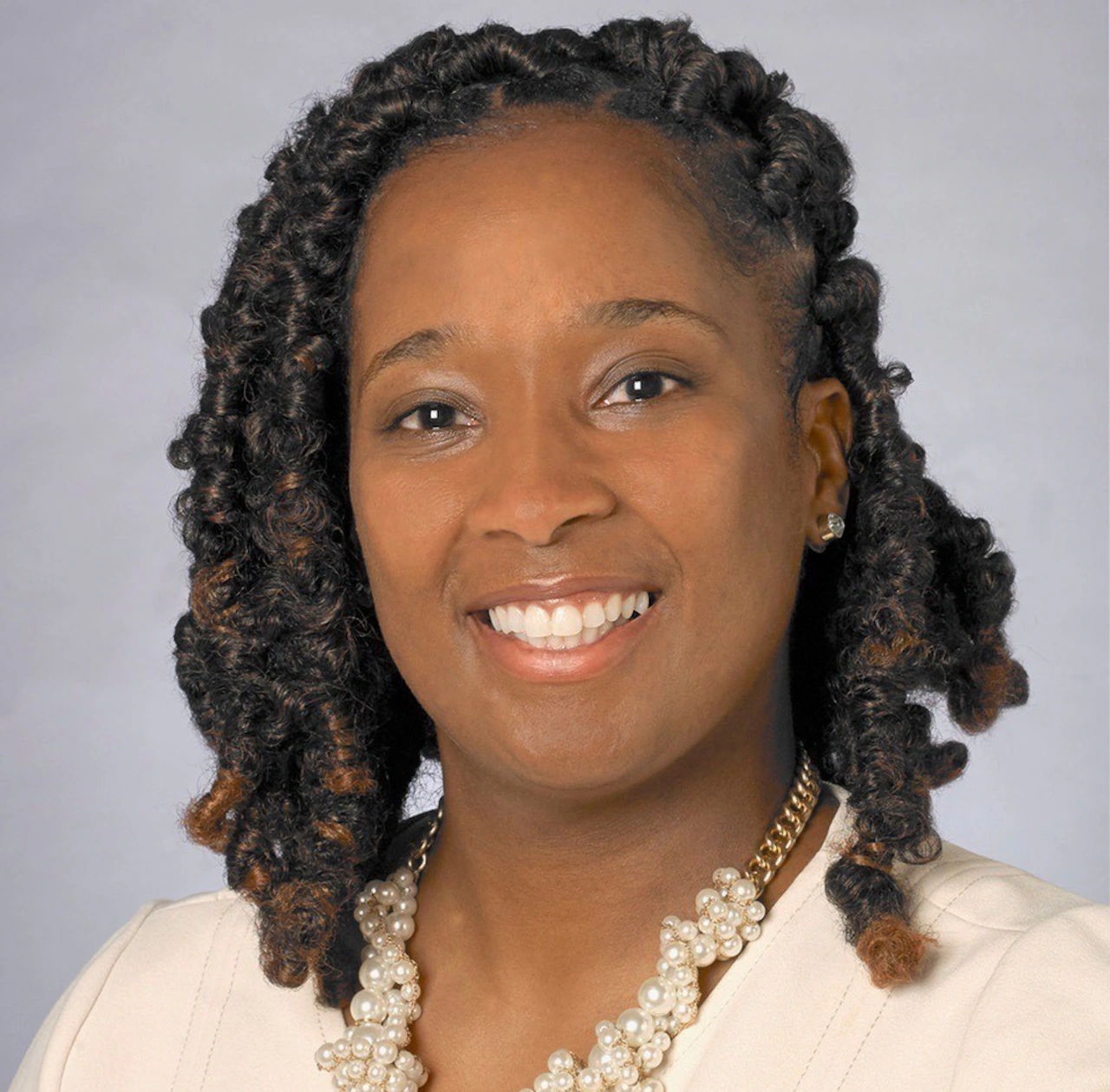Copyright MassLive

Ahead of Tuesday, Nov. 4, The Republican reached out to all candidates for the opposed City Council and School Committee seats to answer a short questionnaire. The Republican is publishing the candidates’ answers to the questions online and in print. Find more candidates and responses at masslive.com/topic/election. Name: LaTonia Monroe Naylor Age: 45 Address: 9 Winterset Drive Profession: CEO & Co-Founder of Parent Villages, Founder & Business Consultant of Monroe Naylor Consulting, LLC Position running for: School Committee at-large As a lifelong advocate for youth and families — and a proud parent of four children, two current high schoolers and two Springfield Public Schools graduates — I’m running for re-election to the Springfield School Committee at-large to continue strengthening transparency, accountability, and partnerships that prepare every student for success beyond graduation. With years of experience in education, nonprofit leadership, and community engagement, I understand that improving outcomes requires all of us — families, educators, businesses, and higher education — to work together. I’ve championed initiatives that elevate student voice, expand career and technical education, and build bridges between our schools and local employers to ensure students graduate with both knowledge and opportunity. My commitment is to keep families informed, make data-driven decisions, and create strong pipelines from classroom to career. Together, we can ensure our schools are not just places of learning — but gateways to lifelong success. What letter grade would you give the school system? Why? I would give our system a C. We have made meaningful progress in expanding access to early literacy, career pathways, and equitable supports, but we still face systemic challenges that impact consistency and outcomes. Our staff are doing incredible work under complex conditions, and we’ve seen growth in areas like graduation rates and dual enrollment. However, transparency in decision-making, stronger family engagement, and more alignment with workforce and higher education goals are needed to move from good to great. My focus remains on connecting classroom learning to real-world success — ensuring that every student, regardless of zip code, graduates prepared for college and career. What is the biggest challenge the schools face? The biggest challenge our schools face is strengthening family engagement and community support. When families, educators, and community partners work together, students thrive — but too often, there’s a disconnect in communication, trust, and transparency. Families want to be informed and involved, not just during crises but throughout the learning process. We must rebuild relationships by making decision-making more transparent and ensuring families feel heard and valued as partners in education. I’ve prioritized clear communication and collaboration with families, local businesses, and higher education. Our schools cannot operate in isolation — when we create true community partnerships and empower families, we create the foundation for student success, safer schools, and stronger neighborhoods. The school budget is roughly two-thirds of the city budget and there are concerns about federal and state assistance dropping. How should the School Committee address any loss of funding? While we have not yet experienced a loss in funding, it’s critical we plan proactively for potential changes at the state or federal level. The committee should continually review spending priorities to ensure resources are directed toward what matters most — student achievement, safety, and classroom support. That means evaluating programs for impact, improving transparency in how dollars are allocated, and aligning budgets with short- and long-term goals. We must strengthen partnerships with local businesses, colleges, and community organizations to expand learning opportunities without overburdening taxpayers. By planning ahead and communicating clearly, we can remain fiscally responsible while protecting the quality of education our students deserve. With the MCAS no longer a condition of graduation what should the diploma requirements be? A diploma should represent true readiness for life after high school — not just test performance. I believe graduation requirements should include a combination of academic mastery, real-world experience, and demonstrated competency. Students should have multiple pathways to demonstrate readiness, such as completing internships, industry-recognized certifications, early college courses, or capstone projects. We must work closely with higher education and employers to align these pathways with the skills needed for the future workforce. By giving students flexible but rigorous options, we can maintain high standards while honoring diverse learning styles and career goals.



